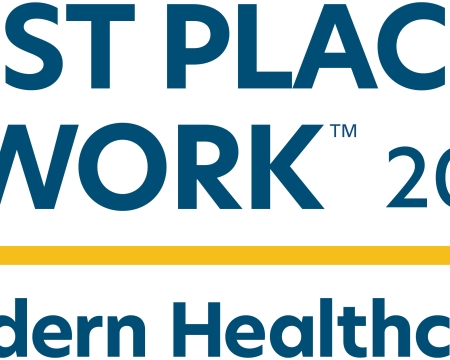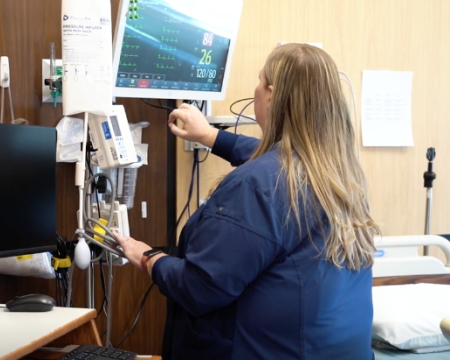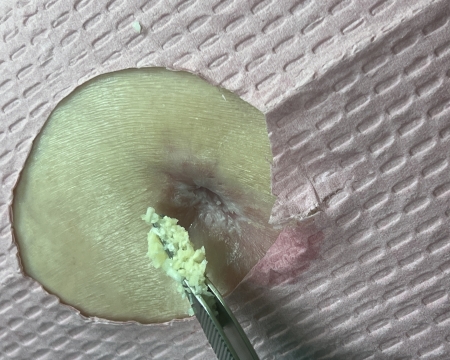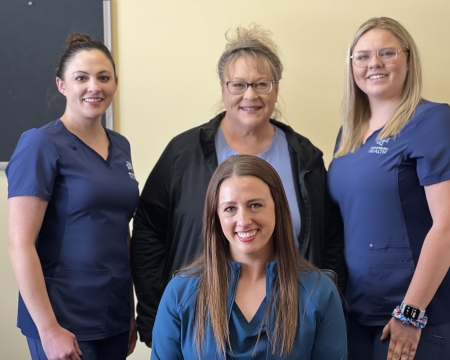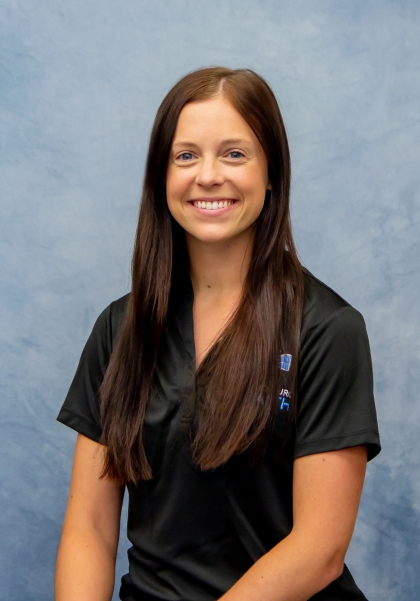
Gothenburg Health’s new Occupational Therapist expands to offer vestibular rehabilitation
Madison Ristine, OTD, OTR/L joined Gothenburg Health in March to offer occupational therapy in the rehabilitation department and swing bed program. However, when presented with the need for someone to be certified in Vestibular Rehabilitation, Ristine rose to the occasion.
Previously, Alan Daup provided Vestibular Rehabilitation to patients at Gothenburg Health. With his absence, Ristine said she thought it sounded interesting and agreed to take the 12 hour, online course with labs and exam. She is now certified through PESI to provide Vestibular Rehabilitation to her patients.
Vestibular Rehabilitation involves the inner ear and brain which controls your sense of balance. Patients might experience symptoms of spinning, nausea, and lightheadedness. Vestibular balance disorder is more common in older adults and can be typical with the aging process as the crystals in the ears degenerate, she said.
“I focus on outcome-based results and love seeing a patient’s progress. It is great to see the impact rehabilitation makes and to know I’ve made a difference,” Ristine said.
There are three primary types of vestibular disorders including peripheral, central, and cardio-vascular. With a peripheral diagnosis patients are experiencing good outcomes with rehabilitation. With a central diagnosis, rehabilitation focuses on treating the symptoms in between episodes and retraining the brain to compensate for triggers.
If someone is struggling with vestibular balance disorder, the first step is to see a primary care physician who can order vestibular therapy. Once a patient is referred to her, she is able to conduct an initial evaluation and develop a treatment plan of care. In some cases, she said this may require an additional referral to an Ear, Nose, and Throat (ENT) or Neurology specialist.
The length of a vestibular rehabilitation program will vary depending on the severity of the symptoms or the length of time the patient has been affected. Components of the program might include gaze stabilization exercises, habituation exercises, balance, gait training, and endurance.
“When a person’s balance is off, it impacts daily function at home and work. I’m here to help get them back to doing regular activities,” Ristine said


